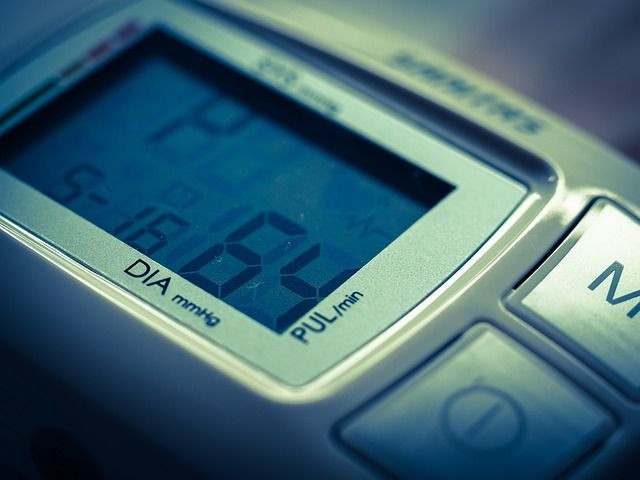High Blood Pressure Now More Common In Poorer Countries: Why It Should Be A Public Health Priority

A new study published in the journal Circulation estimates that over a billion adults worldwide now have high blood pressure, and that the problem is only getting worse in countries that have the fewest resources to combat it.
To come up with their global estimate, researchers analyzed data from more than 100 earlier population studies taken from 90 countries from 1995 to 2014. They calculated that 1.39 billion adults, or just under one-third of the adult population worldwide, had hypertension in 2010. Unexpectedly, they also found that adults living in low- or middle-income countries were more likely to have high blood pressure than were adults living in wealthier countries — a first. Overall, 28.5 percent of adults in high-income countries, or 349 million, had high blood pressure, compared to 31.5 percent, or 1.04 billion, of adults living in poorer areas.
"Aging populations and urbanization, which is often accompanied by unhealthy lifestyle factors, such as high sodium, fat and calorie diets and lack of physical activity, may play an important role in the epidemic of hypertension in low- and middle-income countries," said senior author Dr. Jiang He, a researcher at Tulane University’s School of Public Health and Tropical Medicine in New Orleans, in a statement.
A large part of the disparity was tied to the fact that wealthier countries have gotten better at treating and preventing high blood pressure. From 2000 to 2010, the percentage of adults with the condition living in high-income countries decreased 2.6 percent, but increased 7.7 percent among adults in low- and middle-income countries. And whereas 67 percent of adults in high-income countries received treatment in 2010, a nearly 10 percent increase from 2000, only 29 percent of adults elsewhere did so the same year, with a more meager 4 percent increase since 2000. The same trend could be seen with regards to awareness and blood pressure control.
"Healthcare systems in many low- and middle-income countries are overburdened and do not have the resources to effectively treat and control hypertension," He said. "In addition, because hypertension is symptomless and many people in low- and middle-income countries do not have access to screenings or regular preventative medical care, it is often underdiagnosed."
Though high blood pressure may not appear dangerous at first glance, the extra stress it adds to our body places us at greater risk for a laundry list of chronic and debilitating health problems, most notably cardiovascular and kidney disease, according to the study’s lead author Dr. Katherine T. Mills, a fellow researcher at Tulane. Given that cardiovascular disease alone is the biggest killer worldwide, with 17.5 million deaths in 2012, Mills and her colleagues believe focus should be spent on driving down hypertension rates in the more impoverished areas of the world as well as in better-off countries.
"Hypertension needs to be a public health priority in low- and middle-income countries to prevent future cardiovascular and kidney disease, and associated costs to society," said Mills. "Collaboration is needed from national and international stakeholders to develop innovative and cost-effective programs to prevent and control this condition."
Source: Mills K, Bundy J, Kelly T, et al. Global Disparities of Hypertension Prevalence and Control: Systematic Analysis of Population-Based Studies From 90 Countries. Circulation. 2016.
Read More:
Check Your Blood Pressure: How Hypertension Is Associated With Cognitive Decline. Read here.
High Blood Pressure Risk May Be Higher In Young Women With More Severe PMS. Read here.



























